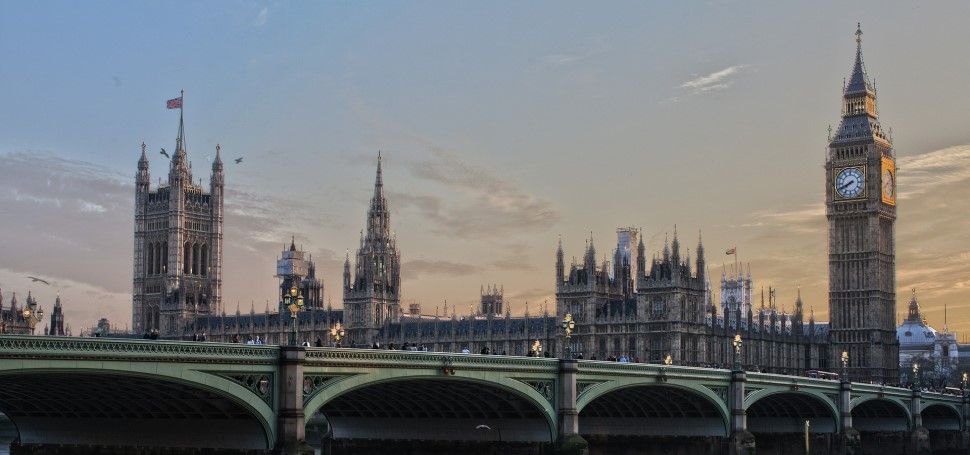**Ofcom Monitors VPN Use Following Introduction of Online Safety Act**
The UK’s communications regulator, Ofcom, has revealed to TechRadar that it is using an unnamed third-party tool to monitor VPN use across the UK. This move comes in the wake of the Online Safety Act’s introduction, though the agency responsible has declined to disclose the identity of the monitoring platform.
### AI Capabilities and Privacy Concerns
The third-party tool reportedly incorporates artificial intelligence (AI) capabilities. While Ofcom assures that no personal information is accessed during this monitoring, privacy and accuracy concerns remain prevalent among experts and civil society organizations.
Baroness Lloyd, a tech minister, recently stated in the UK House of Lords that “nothing is off the table” when it comes to protecting children online. However, she also acknowledged that there are currently “no plans to ban the use of VPNs.”
### Civil Society’s Response
Open Rights Group, a prominent UK civil society organization, warns that any attempts to restrict VPN use could have “a negative impact on free expression and privacy.” They emphasize the importance of VPNs not just for circumventing restrictions, but also for safeguarding digital privacy.
### What Did Ofcom Say?
In response to inquiries from TechRadar, Ofcom explained that the provider of the tool combines multiple data sources to train its AI models and generate VPN usage estimates.
> “The data we access and use in our analyses is fully aggregated at the app level, and no personally identifiable or user-level information is ever included,” Ofcom stated.
Although Ofcom has been transparent about monitoring VPN use, this is the first time it has provided insight into the methodologies involved. Yet, many questions remain unanswered.
### What Ofcom Did Not Disclose
While relying on third-party vendors is not unusual, Ofcom’s refusal to identify the company behind the tool has raised serious concerns. Without this information, the public cannot verify the provider’s track record on privacy or whether invasive surveillance techniques are involved.
Moreover, although the monitoring tool apparently uses AI by “combining multiple data sources to train its models,” Ofcom has not clarified the specific functions or data sources involved. Given the myriad possible sources – from internet service providers (ISPs) to website logs – it is impossible to assess the tool’s accuracy or privacy standards without more details.
Although Ofcom claims that identifiable information is excluded from the data, there is no reassurance against the risk of re-identification.
Perhaps most concerning is that a regulator is dedicating resources to track software explicitly designed to enhance digital privacy. While likely well-intentioned, this approach risks undermining the very purpose of VPNs.
### Why Monitor VPNs?
VPNs pose challenges to the UK government and Ofcom in the context of enforcing the Online Safety Act. VPNs allow users to bypass age verification by connecting through servers in countries without such checks.
Ofcom estimates that daily VPN users in the UK rose to around 1.5 million following the introduction of mandatory age checks on adult websites earlier this year. However, without transparency on how this data was obtained—possibly through the same secretive tool—its accuracy cannot be confirmed.
It is understandable that Ofcom wants to monitor VPN use to evaluate the legislation’s effectiveness. However, the methods employed may compromise privacy or yield inaccurate results.
James Baker, Program Manager at Open Rights Group, notes:
> “It’s important to note VPNs can help protect children’s security online too; they aren’t just used to avoid content blocks.”
### VPNs as Tools for Safety
Several VPN providers now include features aimed at safeguarding children. For example, NordVPN and Surfshark offer adult site blocking as part of their subscription plans.
– **NordVPN’s tool** automatically restricts access to adult websites and helps detect malicious sites.
– **Surfshark’s Web Content Blocker** prevents children from accessing inappropriate material and protects against malware and phishing sites.
These features demonstrate VPNs’ dual role in privacy protection and online safety.
### What Happens Next?
Without greater transparency from Ofcom, it’s difficult to determine what data is being analyzed and how it may influence the future of the Online Safety Act.
TechRadar also reached out to the Department for Science, Innovation and Technology (DSIT), responsible for the legislation, but received no comment.
Despite this opacity, a blanket ban on VPNs remains highly unlikely. Such a ban would be unpopular, difficult to enforce, and costly.
However, the use of surveillance tools to track VPN usage sets a concerning precedent — one more commonly associated with repressive governments than with liberal democracies.
James Baker told TechRadar:
> “Most analytics platforms that analyze VPN data show that VPN use is lower in countries with greater online freedom and higher in more repressive regimes such as China, Russia, or the UAE.”
Without increased transparency from government agencies overseeing legislation like the Online Safety Act, fears that the UK is sliding toward digital authoritarianism are likely to persist.
—
*For continuous updates on digital privacy and regulatory developments, stay tuned to TechRadar.*
https://www.techradar.com/vpn/vpn-privacy-security/exclusive-ofcom-is-monitoring-vpns-following-online-safety-act-heres-how



